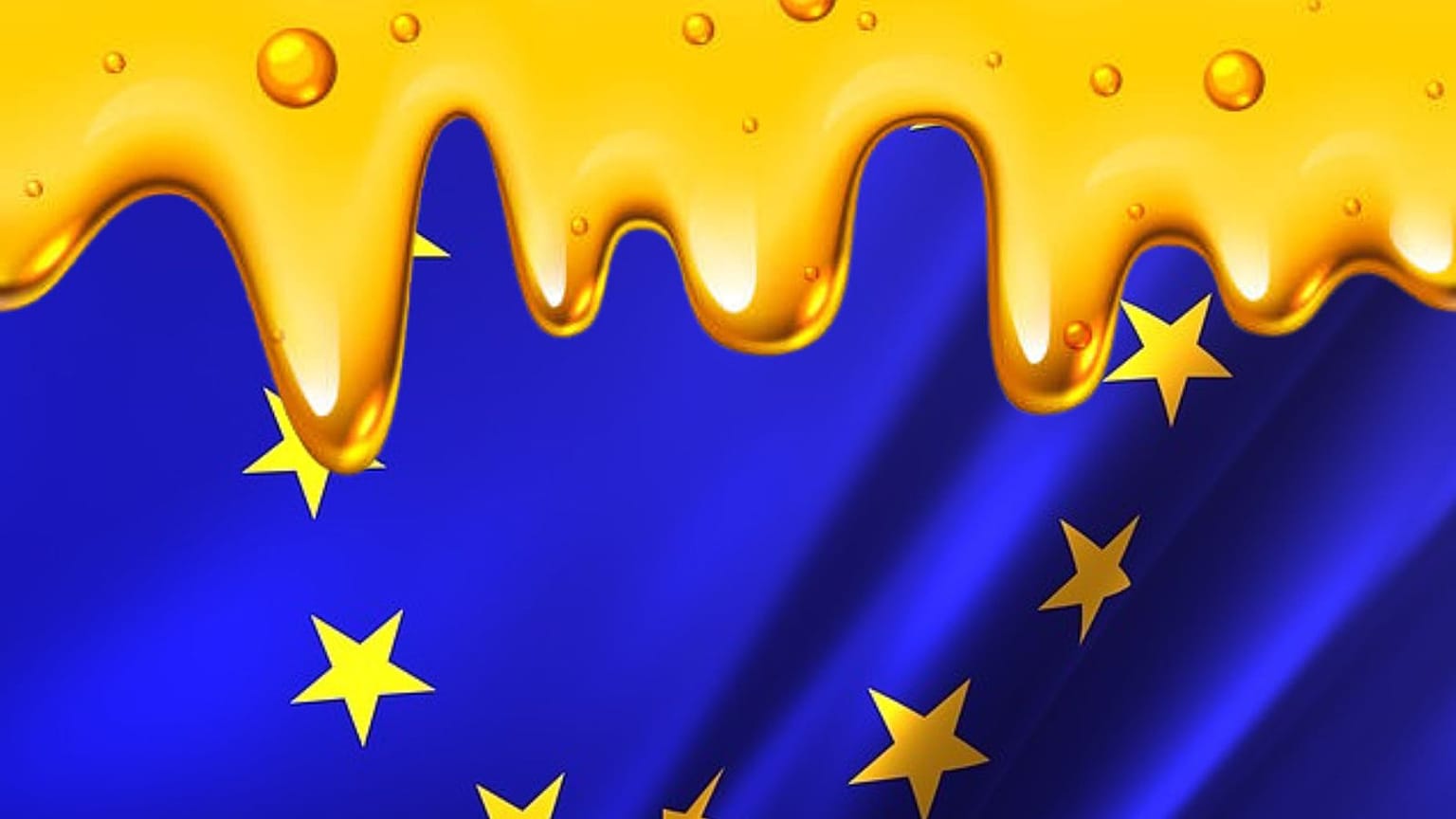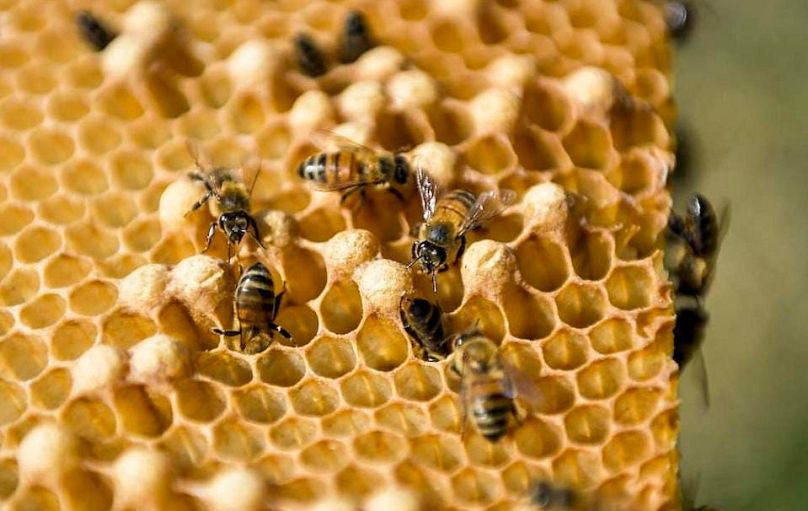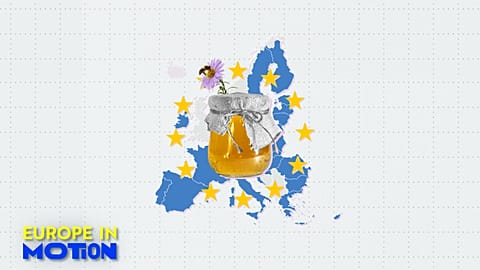Nearly half of the honey imported into the European Union is suspected of being fake, according to an EU probe.
Nearly half of the honey imported into the European Union is suspected of being fake, according to an EU probe.
 ADVERTISEMENT
ADVERTISEMENT
 ADVERTISEMENT
ADVERTISEMENT
The research, spearheaded by the European Commission’s Anti-Fraud Office (OLAF) and the Joint Research Centre (JRC), revealed the massive fraud and that many may be buying counterfeit honey labelled as authentic.
According to European Commission investigations, 320 samples were tested and 147 (46%) of collected samples of honey imports are suspected of being adulterated with syrups and therefore in non-compliance with the requirements of the EU Honey Directive. The honey is suspected to have been cut with sugar syrups made from rice, wheat or sugar beet.
Most fake honey is brought from Turkey (93%) and China (74%).
All the 10 honeys entered via the United Kingdom failed the tests and were marked “non-compliant”.
The report indicates that honey imported from the UK had a suspicion rate of 100%, with the JRC suggesting that the honey may have been produced in other countries before being processed in the UK and re-exported to the EU.
Honey trap
‘From the hives’ is the EU coordinated action led by the European Commission’s Directorate-General for Health and Food Safety (DG SANTE), with the national authorities of 18 countries who are part of the EU Food Fraud Network, OLAF and the European Commission’s Joint Research Centre (JRC).
The participating countries were: Belgium, Bulgaria, Czechia, Denmark, Finland, France, Germany, Greece, Hungary, Ireland, Italy, Lithuania, Poland, Romania, Spain, and Sweden, as well as Norway and Switzerland.
133 businesses (70 importers and 63 exporters) were found to be involved in consignments of honey suspected of being adulterated. A further 44 operators have been investigated to date, states OLAF.
“Honey naturally contains sugars and, according to EU legislation, must remain pure – meaning that it cannot have ingredients added to it. Adulteration occurs when ingredients such as water or inexpensive sugar syrups are artificially added to increase the volume of honey,” reads a statement published by OLAF.
“While the risk for human health is considered as low, such practices defraud consumers and put honest producers in jeopardy as they face unfair competition from operators who can slash prices thanks to illicit, cheap ingredients.”
The report states that the EU average unit value for imported honey was 2.32 €/kg in 2021, whereas sugar syrups made from rice were at around 0.40 – 0.60 €/kg.
Ville Itälä, Director-General of OLAF, said: “The EU is an importer of honey as the internal demand is higher than our domestic production. It is important that we remain vigilant against any abuse. The most frequent type of fraud with honey happens via adulteration, meaning by adding cheap ingredients instead of keeping the honey pure. But we also found instances of origin fraud, with labels claiming false origins of the product. This action served to raise attention, call for order, and deter any fraudulent practices.”
The main buyers of honey produced in the world are the United States and Europe.
French newspaper Le Monde reported that with 175,000 tons of honey imported per year, “the Old Continent is the world's second-largest importer of honey after the United States.”
Buzz off
Faced with this hum-dinger of a report, the UK government has said it is investigating the results, but officials are disputing claims that honey imports are adulterated on an industrial scale.
Government officials say more advanced testing technology is required, and that current enforcement is “fit for purpose”. For the UK, there is “insufficient evidence” to date to indicate fraud.
A spokesperson for the Department for Environment, Food and Rural Affairs said: “The UK government takes any type of food fraud very seriously – including honey adulteration. There is no place for adulterated honey which undermines consumer confidence and disadvantages responsible businesses.”
“We work closely with enforcement authorities to ensure honey sold in the UK is not subject to adulteration, meets our high standards – and maintains a level playing field between honey producers.”


















